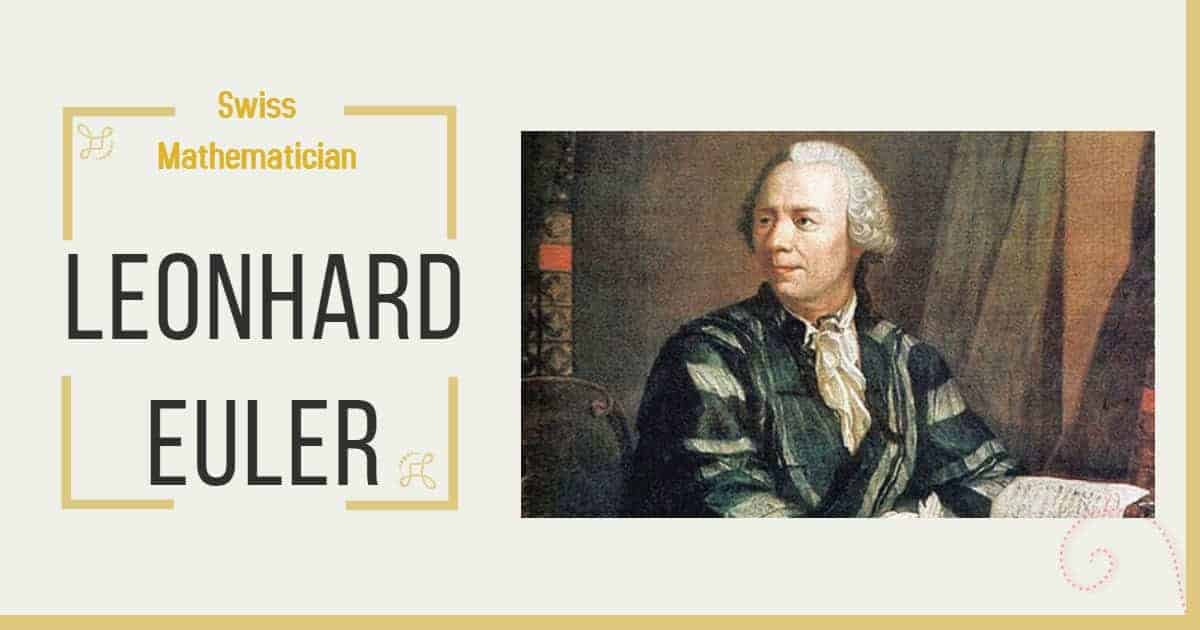A collection of my program code solutions for Project Euler. Project Euler is described as "A series of challenging mathematical/computer programming problems that will require more than just mathematical insights to solve". The original problems can be found at Project Euler.
- 1
- 2
- 3
- 4
- 5
- 6
- 7
- 8
- 9
- 10
I will from now on only be updating the list for some of the thougher problems.
Below are some solutions to problems I found particularly interesting.
2520 is the smallest number that can be divided by each of the numbers from 1 to 10 without any remainder.
What is the smallest positive number that is evenly divisible by all of the numbers from 1 to 20?
Primes are only divisible by themselves and 1. We can start with factoring out a prime base for the example by multiplying all primes from 1 to 10 together, i.e.
2*3*5*7 = 210
and we see that the factor left out to make 2520 is 12. An explanation is found by checking which of the missing non-prime factors are included in our prime base:
210 / 2 = 105
210 / 3 = 70
210 / 6 = 35
The non-primes from 1-10 we need to be concerned about are the ones that cant be factored out of our prime-base, i.e. 4, 8 and 9. We need to add factors that can create 4, 8 and 9 together with our base. Missing factors are therefore 2^2, 3. The example answer is obtained by multiplying the prime-base 210 with missing factors as below:
210 * (2*2*3) = 210 * 12 = 2520
Repeating the same process for numbers 1 to 20 results in 24 times the prime base up to 20.
A Pythagorean triplet is a set of three natural numbers, a < b < c, for which, a2 + b2 = c2
For example, 32 + 42 = 9 + 16 = 25 = 52.
There exists exactly one Pythagorean triplet for which a + b + c = 1000. Find the product abc.
